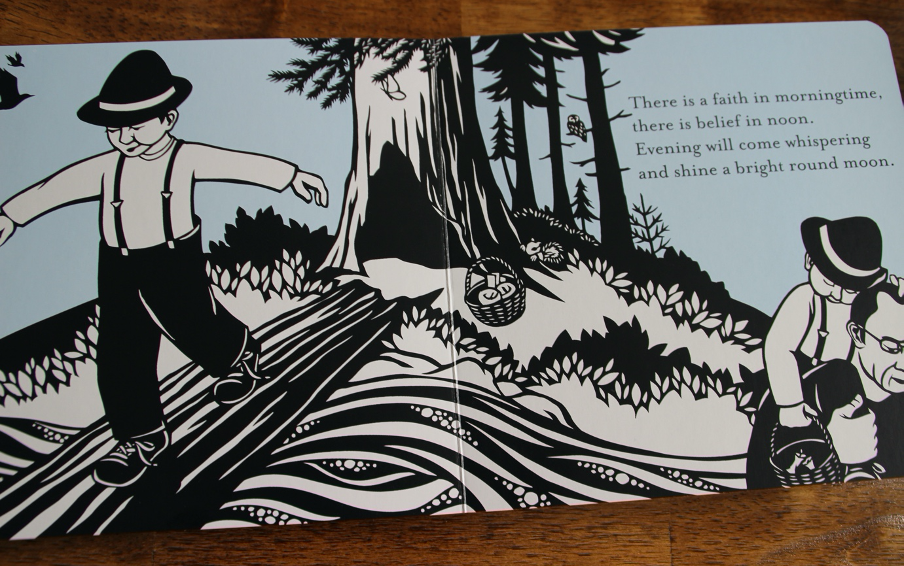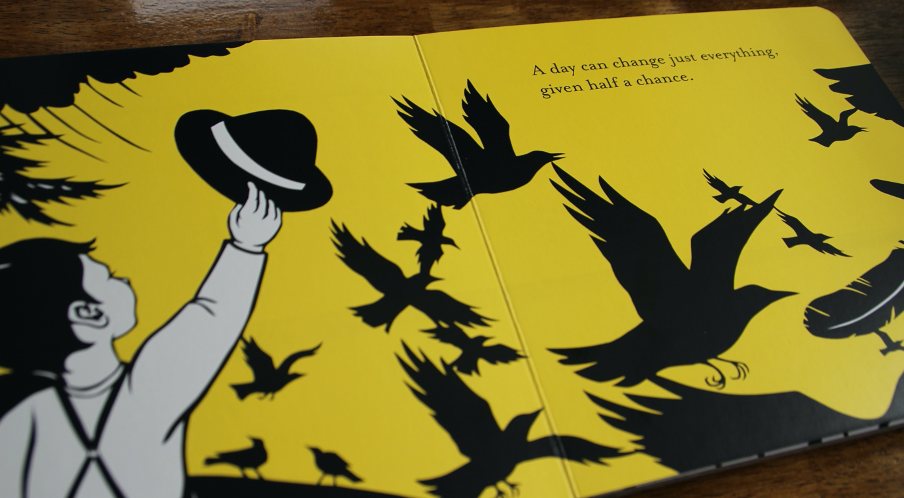Editor's Note: the following reflections are from Nicolas Gunkel, VP of Ecosystem Impacts, who earlier this year with his wife welcomed their son to the world.
Reconciling in the day’s most haunting hours with faith in morning time
Why, especially now, create more equitable opportunities for all entrepreneurs?
A month into our self-imposed quarantine, and a month before the conscience of this nation was stirred, once more, by tear-gassed citizens demanding dignity and equal treatment, my wife and I welcomed our first son to this world. In one of the now more frequently occurring wake moments during the day’s most haunting hours from 4-6am, I read Clint Smith’s piece in the Atlantic on becoming a parent in the Age of Black Lives Matter. It has echoed within me since then, testing my convictions about the virtues of doing the work that I am fortunate to do in an organization that strengthens community around historically under-acknowledged and under-resourced entrepreneurs.
Reflecting on how the current moment in time, again, reverberates a particular mix of pain and anguish for Black families, Smith quotes one of his Black friends, father to a 2-year-old. With surgical precision, the friend puts words to a “discomforting juxtaposition between the joy of seeing the world through [my son’s] eyes and knowing how the world will see him one day.”
The waves of hope and bleakness propelled by bringing life to our world during our times, swings to different amplitudes for Black, Brown or white families, like ours. Even across the vast differences in lived experience, these words elicited a response rooted in a shared sense of our common future. I am trying to reconcile how, with our own child, I can re-discover our world in wonder, while simultaneously my stomach tightens over the thought that we partook in its deterioration, quite possibly inflicting irreparable damage?
In searching for a compass for my conscience I re-discovered the wholly tantalizing conversation between James Baldwin and Margaret Mead in which the two frequently return to, as Maria Popova, the chronicler of the timeless and timely, writes, “the relationship between the past and the present in making sense of responsibility.” In a moment in which the two put the deep wisdom of their conversation in focus, Baldwin reflects on the finiteness of his own life.
Baldwin: It’s a matter of the curtain coming down eventually. But what should we do about the children? We are responsible; so far as we are responsible at all, our responsibility lies there, toward them. We have to assume that we are responsible for the future of this world.
Mead: That’s right.
Baldwin: What shall we do? How shall we begin it? How can it be accomplished? How can one invest others with some hope?
Mead: Then we come to a point where I would say it matters to know where we came from. That it matters to know the long, long road that we’ve come through. And this is the thing that gives me hope we can go further.
The hope in the face of seemingly untamable forces which emanates from this conversation gives me the courage to find faith in morning time and go back to work. As Mead says in another segment of their conversation “the more one wants to be an activist the narrower the time is.”

From All in a Day by Cynthia Rylant and illustrated by Nikki McClure
Starting and operating a business in a community that celebrates you for your contributions to the common good, no matter who you are, is a radical alternative, a restorative effort amidst our complex trauma.
Entrepreneurial ecosystems, the complex webs of relationships between entrepreneurs and those that champion them, thrive when people are bold to start something, courageous to ask for support and selfless to offer it without an expectation for returns.
Supporting individuals and organizations that dedicate themselves to this work is a start to inspire and unravel much broader inequities that ossify our society but it is also a powerful end in itself.
Centering equity in ecosystem building means centering hope and nurturing optimism in communities whose immense creative wealth and economic potential has been hamstrung for far too long. In our work we aspire to support this by showing up, again and again, honoring the direction that the community would like to take the work and by cashing in our privilege for emancipation capital, however little it is in the grand scheme of things. It is a long overdue down payment on the social infrastructure to re-build generational prosperity.
There is ultimately no more powerful symbol to pierce through complacency to act and reinvent our society than a business owner, in charge of her own, who persevered in defiance of all what was stacked against her. It may seem like a radical proposition to dramatically rethink where capital is invested in and spending it on dreams perpetually deferred, but it is actually a ‘conservative’ stance in the original sense of the word.

From All in a Day by Cynthia Rylant and illustrated by Nikki McClure
With nearly half of Americans feeling lonely or left out, the odds are high that those entrepreneurs whom we have relegated to the sidelines may hold the clue to reinvigorating social connection to those that we forget and that feel forgotten.
With the climate emergency requiring us as a country to fire from all cylinders, from catalyzing breakthrough innovation to promoting individual behavioral change at an unprecedented scale, we need to hear and vet everyone’s ideas.
And amidst political polarization and tribalism pervading our political and cultural discourse, there appears to be common ground, still, that allow us to sit still for a moment and listen what they have to say.
I believe that we as a society can’t afford to miss out on the ingenuity and solutions to pressing neighborhood-level, and global threats we are in the midst of and can expect to see more of. The entrepreneurs we don’t give a chance, or don’t yet see, have shown resilience and ingenuity so many times, that we have much to learn from. Clearly, we haven’t figured it out alone.